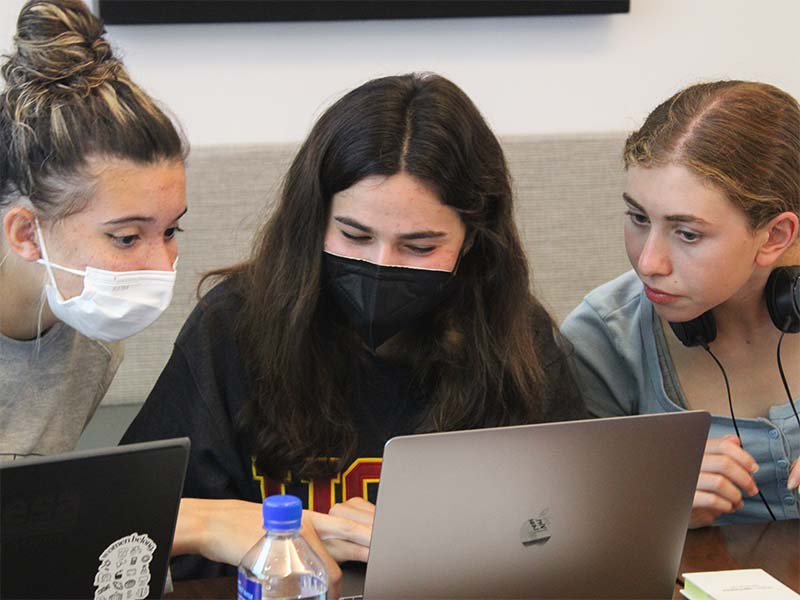Created in 1999 as a one-terabyte cache of Holocaust survivor testimonies, the Virtual History Archive has since transformed into a collection of more than 55,000 interviews—the foundation for USC Shoah Foundation’s global programs.
USC Shoah Foundation today releases a complete redesign of its Visual History Archive (VHA), the world’s largest collection of primary source video testimonies from survivors of the Holocaust and other genocides.
Created in 1999 as a one-terabyte cache of Holocaust survivor testimonies, the VHA has since transformed into a collection of more than 55,000 interviews—an invaluable resource for researchers and educators, students, filmmakers, policymakers, and journalists, as well as the foundation for USC Shoah Foundation’s global programs.
The rebuild of the VHA’s interface brings a range of improvements: a modern look and feel; greater sharing capability with other researchers; integration into other USC Shoah Foundation interfaces; faster, broader and more seamless access to content; transcripts as well as cataloging and upgraded mobile capabilities. Together, these new features enable users to find, view, store, and engage with survivor and witness testimony with unprecedented ease.
Sam Gustman, Chief Technology Officer of USC Shoah Foundation, said infrastructure improvements to the internet over the past two decades have enabled a “wildly inventive” redesign of the VHA.
“We’ve been able to imagine and realize this new interface because we are no longer restricted by the capacity of internet streaming networks,” Gustman said. “The result is an incredible new resource that humanizes testimony in a way that has never before been possible.”
As with its previous iteration, the new VHA interface is available through ProQuest, one of the largest research database distributors in the world. ProQuest has relationships with over 26,000 libraries in over 150 countries, reaching more than 130 million students and universities around the world.
